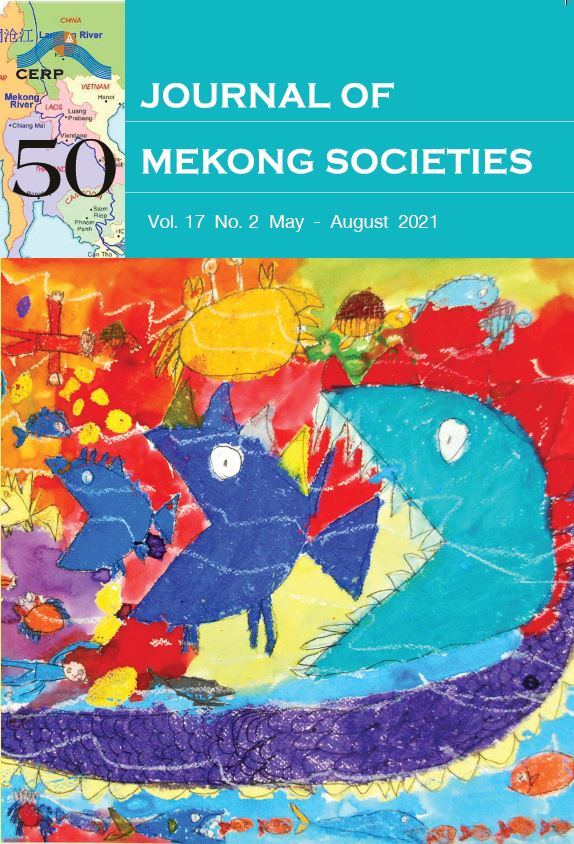Cultivating Wisdom, Morality and Happiness in Thai Secondary School Students by Implementing the Novel Transforming Learning Taxonomy
Main Article Content
Abstract
This research aimed to implement the Novel Transforming Learning Taxonomy (NTLT), a learning method based on Fink’s Significant Learning Taxonomy that incorporates two Buddhist concepts – trisikha and yoniso manasikara. Trisikha refers to the three-fold training of moral conduct, concentration, and wisdom. Yoniso manasikara, meaning “appropriate attention” or “wise reflection” is a critical ordered thinking process. The goal of this project was to cultivate in Thai secondary school students the three characteristics that are considered the highest priority of Thai education and are known by the motto of เก่ง ดี มีสุข, “keng dii mii suk,” meaning intelligence, morality [and] happiness by enhancing their thinking and English reading comprehension skills. NTLT is intended to serve as a useful intervention and guide to prevent delinquency and academic underachievement in youth. These problems are caused by today’s society, which has become divisive, self-indulgent and materialistic. The research was undertaken during the first semester of the academic year 2019, covering 40 periods (50 minutes per period) within a four-month semester. Specially designed questions based on yoniso manasikara were followed several reading passages. The readings included five general reading passages from a commercial school textbook and another five specifically chosen passages based on students’ needs analysis for reading activities in class (two periods per week) as well as an online self-study. The findings were derived predominantly from qualitative data through self-progress reports, classroom observation, feedback, and a follow-up study. They demonstrated the effectiveness of the implementation through the successful cultivation of student’s wisdom, morality, and happiness as well as their improvement in higher-order thinking and reading comprehension.


